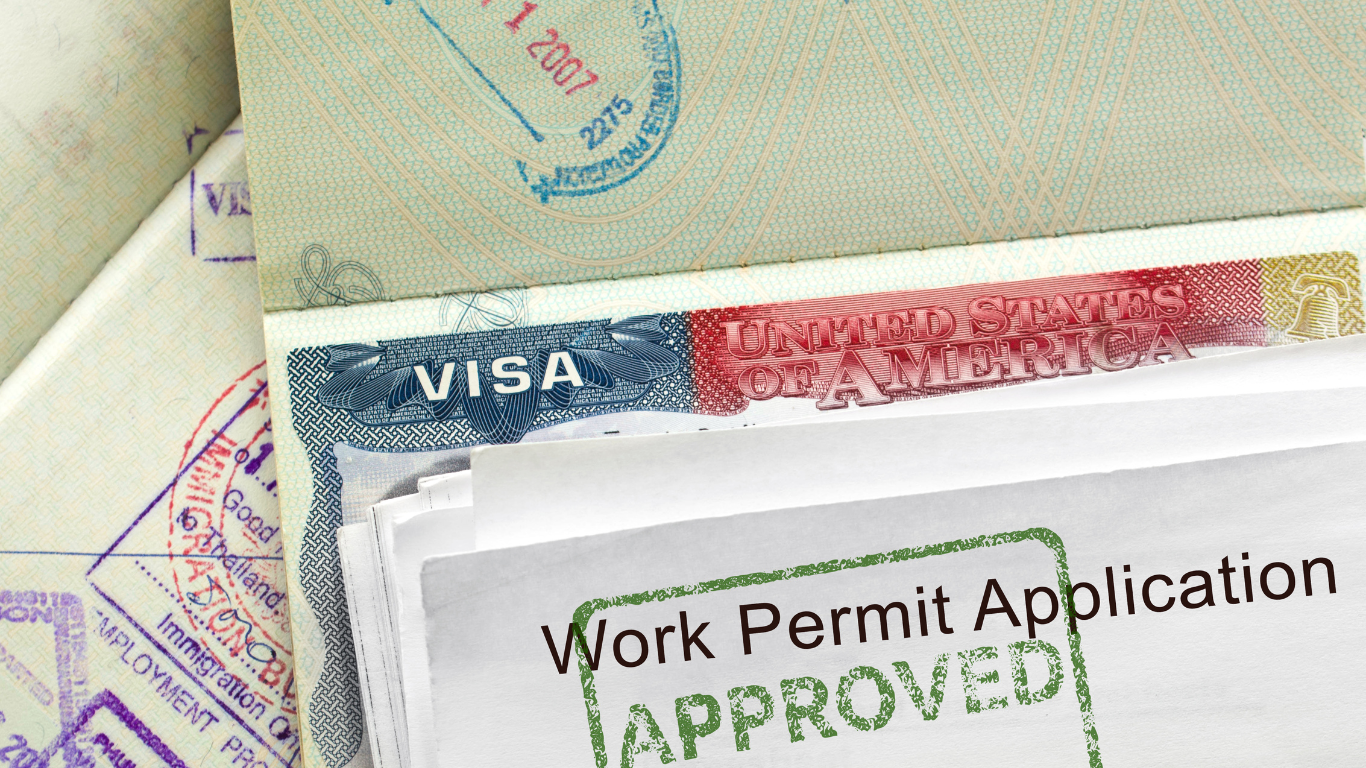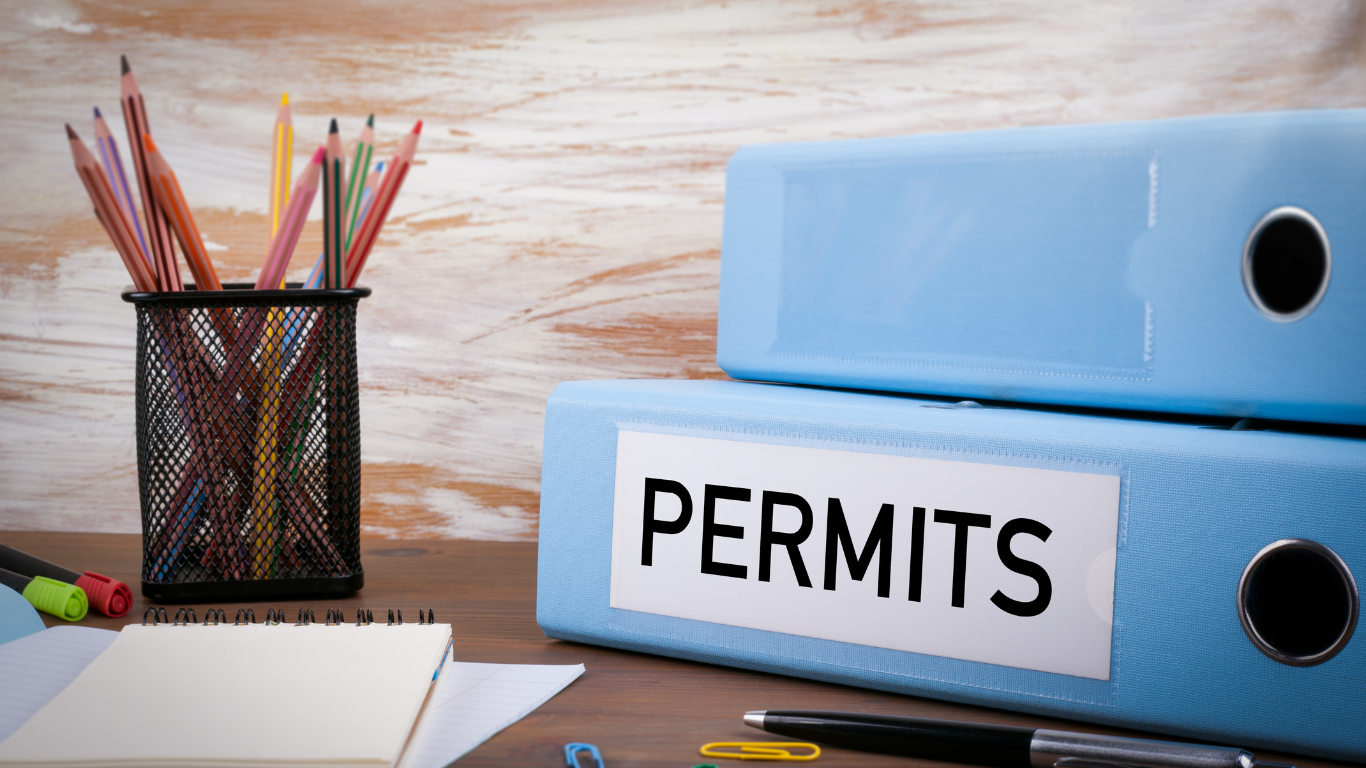Even before starting studies in a foreign country, you think about the opportunities post-study. So it’s natural to ask after graduating from a Lithuanian university, “what happens next”? If you’re an international student wondering how to stay in Lithuania after graduation and kickstart your career, you’ll need to navigate the Lithuania post-study temporary residence permit process. In this guide, we’ll break down everything you need to know about obtaining a Lithuania post-study TRP, including eligibility, application steps, and work opportunities in Lithuania.
What is the Lithuania Post-Study Temporary Residence Permit?
The Lithuania post-study temporary residence permit allows international graduates to stay and work in the country after completing their studies. This is an excellent opportunity for non-EU students to transition from a Lithuania student permit to a work permit and gain valuable professional experience in Europe.
A couple of months before you actually complete your studies, you would need to apply for a post-study temporary residence permit which would be valid for 12 months. In most cases, the first three months are already included in your last student temporary residence permit you receive that’s valid till the expected graduation.
Who is Eligible for a Lithuania Post-Study Temporary Residence Permit?
To qualify for a Lithuania post-study TRP, you must:
- – Hold a valid temporary residence permit (TRP) at the time of application.
- – Have completed a full-time degree program at a recognized Lithuanian university.
- – Show sufficient funds for the period of the requested TRP.
- – Have valid health insurance for the period of the requested TRP.
Lithuania Work Visa for Graduates: Your Options
There are several pathways available for graduates looking to stay and work in Lithuania. The right option for you depends on your qualifications, job prospects, and long-term goals.
1. Job Search Visa (Temporary Residence Permit for Job Seekers)
Graduates can apply for a Lithuania TRP (Temporary Residence Permit), which allows them to stay in the country for up to 12 months while searching for a job. This option is ideal if you haven’t secured a job offer yet but want to remain in Lithuania legally.
2. Work Permit and Temporary Residence Permit
If you receive a job offer, your employer must apply for a Lithuania work permit on your behalf. Once granted, you can apply for a new temporary residence permit based on employment.
3. EU Blue Card
For highly skilled professionals, the Lithuania Blue Card is an excellent option. It allows non-EU graduates to work and live in Lithuania, provided they meet salary and qualification requirements. This pathway also makes it easier to apply for long-term residence in the EU.
One of our recommendations is that you work while you study. In most cases, this allows you to build a rapport with your company, meaning once you graduate, you may skip the Lithuania post-study (TRP) and head straight to the Lithuania work permit with their assistance.

Lithuania Work Permit Process: Step-by-Step Guide
Navigating the Lithuania work permit process can be complex, but following these steps will make it easier:
- 1. Secure a Job Offer: Find an employer willing to sponsor your Lithuania visa sponsorship job application.
- 2. Employer Applies for a Work Permit: Your employer must submit the necessary documents to the Lithuanian Migration Department.
- 3. Apply for a Temporary Residence Permit: Once your work permit is approved, you can apply for a new Lithuania TRP to legally stay and work in the country.
- 4. Meet the Salary Requirements: Ensure your salary meets the Lithuanian work permit salary requirements, which vary by profession.
- 5. Receive Your Residence Permit: If approved, you’ll receive a residence card allowing you to work and settle in Lithuania.
Work Opportunities in Lithuania for Graduates
The job market in Lithuania for foreigners is growing, especially in sectors like IT, finance, healthcare, and engineering. Some high-demand jobs in Lithuania include:
- – Software developers
- – Data analysts
- – Financial analysts
- – Medical professionals
- – Engineers
- – Digital marketing specialists
Many companies offer Lithuania visa sponsorship jobs, making it easier for graduates to transition into the workforce.
Lithuania Immigration Rules for Graduates
Understanding Lithuania immigration rules for graduates is crucial to avoid legal issues. Key points include:
- – You must apply for a post-study work visa before your student visa expires.
- – If you leave Lithuania for an extended period, you may need to reapply for a residence permit.
- – Graduates on the Lithuania post-graduation temporary residence permit must work in a field relevant to their studies.
Work and Settle in Lithuania: Long-Term Plans
If you plan to work and settle in Lithuania, you can eventually apply for permanent residency or even Lithuanian citizenship. After five years of continuous residence on a Lithuania TRP, you may be eligible for a long-term residence permit, granting you more rights and stability.
Final Thoughts
Navigating the Lithuania post-study temporary residence permit process may seem overwhelming, but with the right information, you can successfully transition from student life to a professional career in Lithuania. Whether you opt for a Lithuania work visa for graduates, a Lithuania Blue Card, or a Lithuania job search visa, there are multiple pathways to help you achieve your career goals in Europe.
If you need assistance with your application or understanding the Lithuania work permit process, consider seeking expert guidance. Lithuania offers fantastic opportunities for international graduates, and with the right strategy, you can build a successful future here!
Contact us today if you have any questions.

